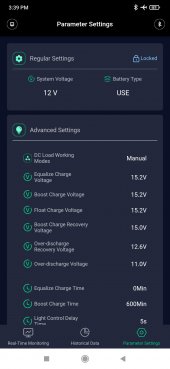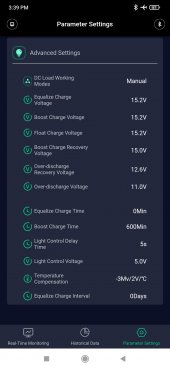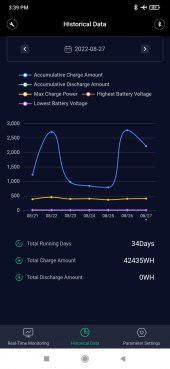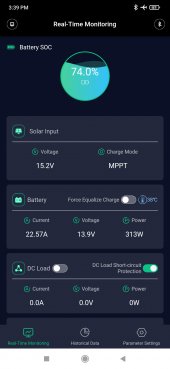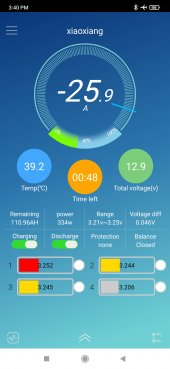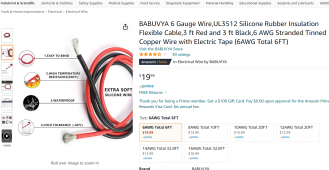Texas-Mark
Solar Addict
- Joined
- Aug 4, 2021
- Messages
- 1,346
If, "Chare" (for practical purposes) flows instantaneously, and "Current" flows A LOT SLOWER, would it be possible to explain the Vdroop on a line?
Ugh. You have unwanted resistance in your cables, nothing more, nothing less.




